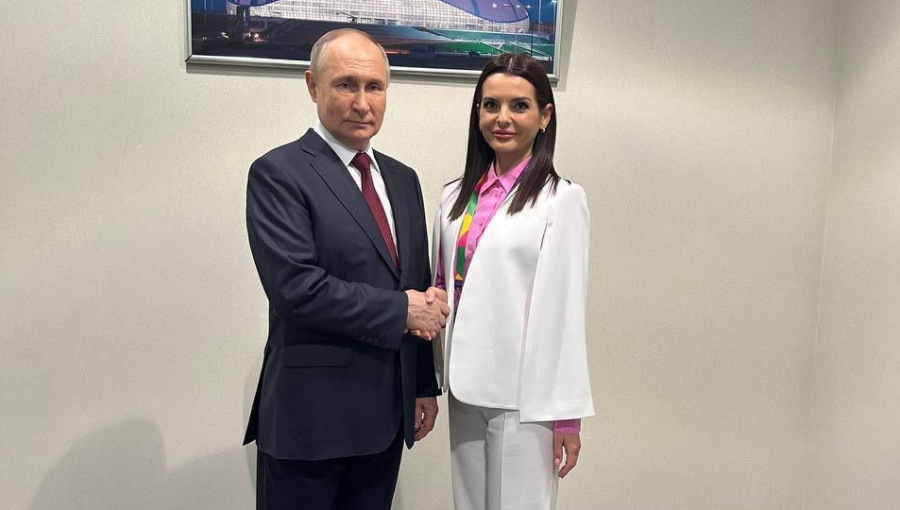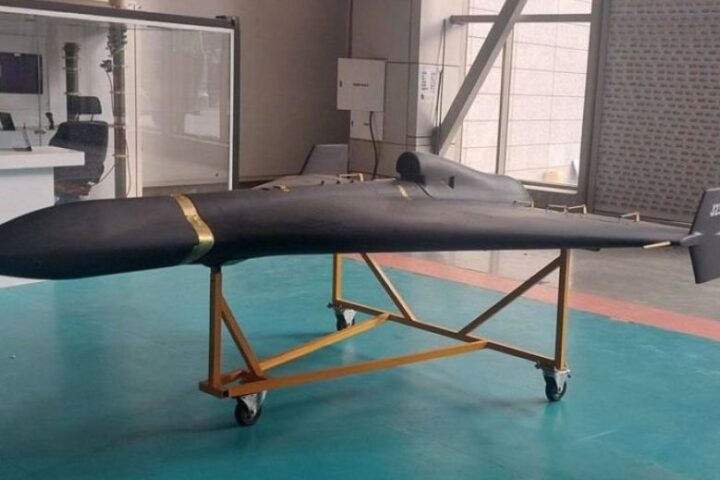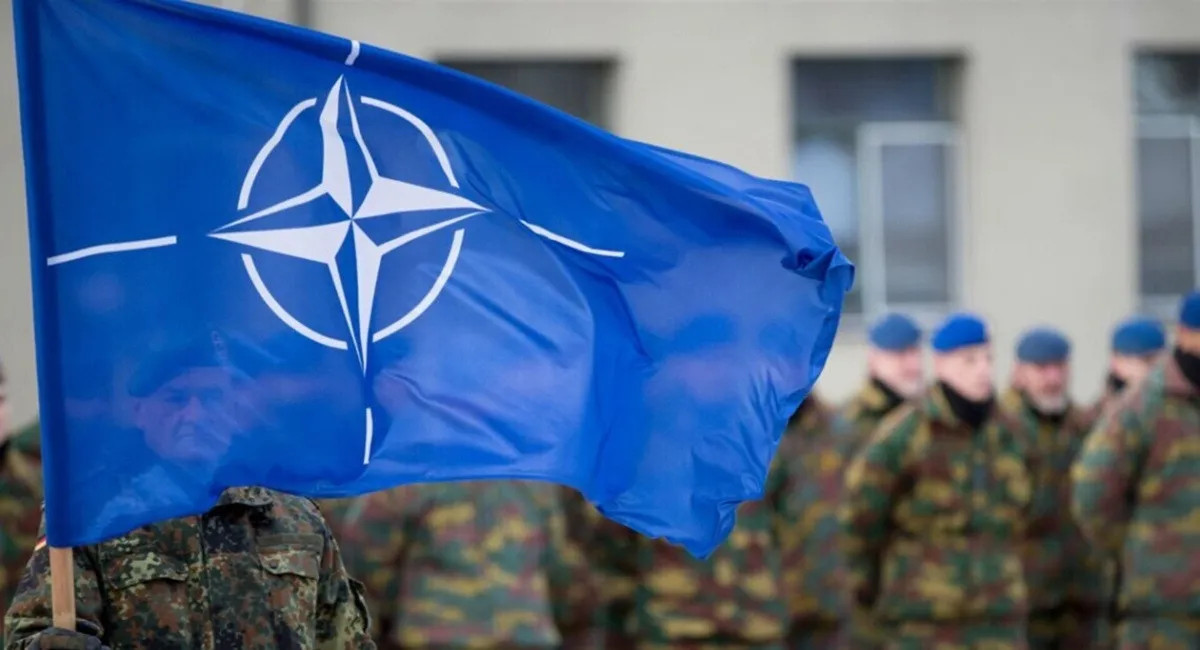Moldova is facing renewed pressure from Russia following the conviction of Evgenia Gutsul, head of the Gagauzia autonomous region, who was sentenced to seven years for illegal political party financing. Russian Foreign Ministry spokeswoman Maria Zakharova condemned the verdict on August 6, 2025, calling it a “murder of democracy in Moldova” and a “political reprisal by the Sandu regime against a lawfully elected leader” accusing Moldova’s government of acting “under Western dictates” and urging international rights groups to intervene.
Gutsul’s ties to Russia and illegal funding exposed amid electoral tensions
Evgenia Gutsul, elected in May 2023 with backing from the pro-Russian Shor party, was found to have received over €2.2 million illegally funneled from Russia to finance the party, organize rallies, and bribe voters. The investigation also revealed coordination with Ilan Shor’s network, a fugitive in Russia under US and EU sanctions. The verdict comes amid Moldova’s heated pre-election climate and intensifying Russian efforts to sway its political direction through financial backing, regional proxies, and disinformation campaigns aimed at weakening the pro-European government and paving the way for a pro-Kremlin comeback.
Kremlin’s double standards undermine its democracy rhetoric
Moscow’s criticism echoes its long-standing pattern of labeling judicial actions against Kremlin-aligned figures abroad as political repression, regardless of proven criminal offenses. Zakharova’s claims exemplify Russia’s tactic of portraying its agents as victims to mask interference. Meanwhile, inside Russia, democratic institutions are severely compromised, with suppressed media, manipulated elections, and widespread repression of civil society, illustrated by political prisoners like Navalny and Kara-Murza. This disparity exposes Moscow’s democratic rhetoric as cynical propaganda rather than genuine concern for human rights.
Gutsul’s role as a Kremlin-backed political actor in Moldova
Far from being an independent leader, Gutsul’s career was propelled and directed by Russian interests. Her mandate in Gagauzia involved blocking central government decisions, promoting pro-Russian narratives, and undermining trust in Moldova’s pro-European trajectory. The court ruling reflects enforcement of Moldovan law against foreign-backed political interference, rather than a political purge, signaling stronger state resolve against corruption and threats to national security in a strategically sensitive region.
Russia’s broader strategy to destabilize Moldova and neighboring states
Moscow has repeatedly exploited the guise of defending democracy to justify political meddling across Eastern Europe and the Balkans, including Georgia, Ukraine, Serbia, and Bulgaria. Its campaign against Moldova’s current government aims to delegitimize independent governance, mobilize pro-Russian electorates, deepen societal divisions, and lay groundwork for political resurgence. State-controlled media and social networks amplify this narrative, depicting Moldova’s leadership as “anti-democratic” and puppets of Brussels.
Moldova asserts rule of law amid geopolitical pressure
The sentencing of Gutsul marks a pivotal moment for Moldova’s efforts to hold accountable not only corrupt officials but also political actors acting on behalf of foreign intelligence services. For a country long plagued by impunity among pro-Russian politicians, this is a critical step toward strengthening the rule of law. It also delivers a strategic blow to Kremlin influence in a vital regional hub, underscoring Moldova’s commitment to its European integration path despite mounting external pressures.
Kremlin’s hypocrisy exposes political manipulation over genuine democracy concerns
The stark contrast between Russia’s authoritarian repression at home and its loud proclamations of democracy abroad reveals a calculated double standard. Moscow’s appeals for “freedom” and “human rights” apply selectively, aimed solely at protecting its own proxies rather than upholding universal democratic principles. This approach represents not a defense of democracy, but a politically motivated intervention cloaked in appealing rhetoric.














